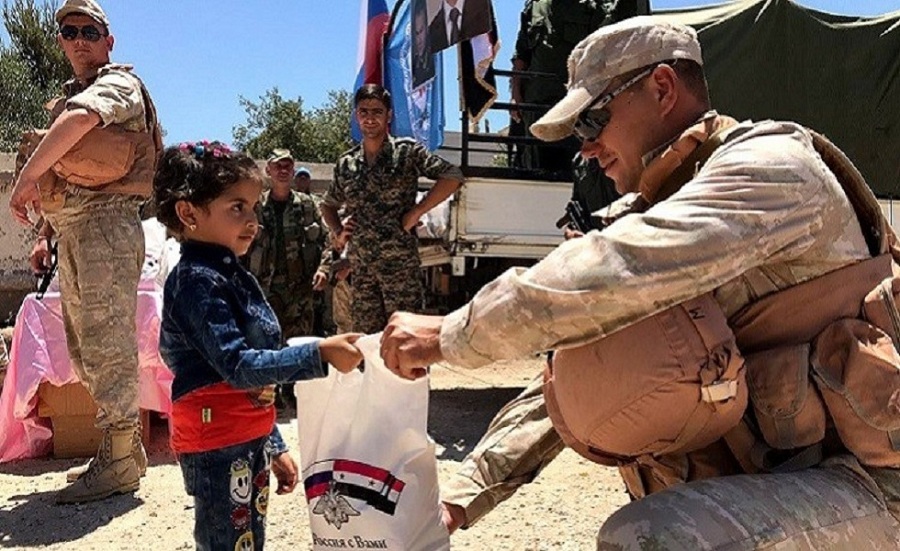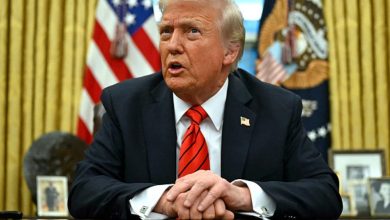Understanding U.S. Sanctions on Syria: What’s Permitted and Prohibited?
Watan – In a significant policy shift, the United States has eased certain sanctions on Syria, aiming to facilitate humanitarian aid while maintaining pressure on the Assad regime. This move has sparked widespread debate about its implications for the Syrian economy, governance, and international relations. Published by Al-Araby Al-Jadeed, the article explores the boundaries of what is permissible and restricted under these relaxed sanctions.
Key Changes in U.S. Sanctions on Syria
The adjusted sanctions focus on ensuring humanitarian support reaches those in need while preventing misuse by the government or sanctioned entities. Here’s a breakdown:
- Allowed Activities:
- Humanitarian Aid: Transfers for food, medicine, and essential supplies are permitted without requiring prior approval.
- Reconstruction Efforts: Projects focusing on rebuilding essential civilian infrastructure like hospitals, schools, and water systems are allowed.
- NGO Operations: Non-governmental organizations can now operate more freely in Syria to address immediate humanitarian concerns.
- Prohibited Activities:
- Government Collaboration: Any direct dealings with the Assad regime or individuals under U.S. sanctions remain strictly prohibited.
- Military Engagement: Support for armed groups or military operations continues to be a red line.
- Luxury Trade: Transactions involving high-value goods unrelated to humanitarian needs are still barred.

Concerns and Criticisms
The eased sanctions have drawn mixed reactions from various stakeholders:
- Humanitarian Organizations:
- Applauded the move, emphasizing its potential to alleviate suffering among Syrians.
- Highlighted concerns about bureaucratic hurdles that could delay aid delivery.
- Syrian Government:
- Criticized the measures as insufficient and accused the U.S. of maintaining “economic warfare.”
- Called for the complete lifting of sanctions, describing the current approach as selective.
- Opposition Groups:
- Warned of potential misuse of relaxed sanctions to bolster regime-affiliated projects.
- Urged tighter monitoring to ensure aid reaches its intended recipients.
Broader Implications
- Economic Relief:
- The easing of restrictions may provide a lifeline for struggling sectors, particularly healthcare and education.
- However, experts caution that without systemic reforms, the impact may remain limited.
- Geopolitical Dynamics:
- The move is seen as a signal to regional players about Washington’s conditional approach to engagement with Syria.
- It may influence the stance of European and Gulf nations on their policies toward Damascus.
The easing of U.S. sanctions on Syria marks a cautious step towards addressing the humanitarian crisis while maintaining political pressure on the Assad regime. While this policy shift offers opportunities for relief, its success hinges on effective implementation and monitoring. As the international community navigates this delicate balance, the focus must remain on ensuring aid reaches those who need it most.






